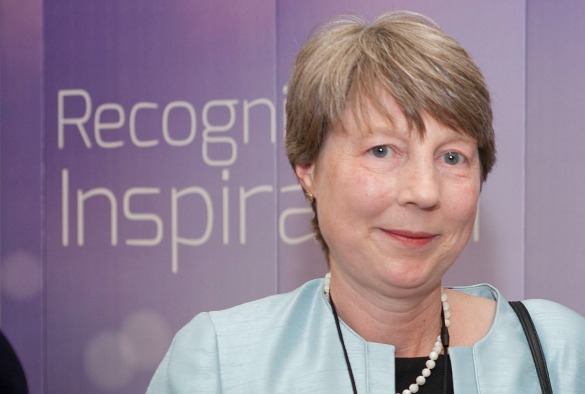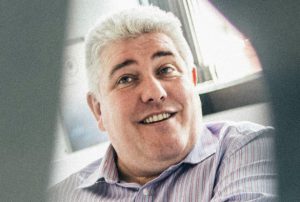
Professor Rachel Williams
Two Professors from the University of Liverpool’s Department of Eye and Vision Science have received awards for their research into a progressive eye condition.
Professor of Ophthalmic Bioengineering Rachel Williams and Professor of Molecular Ophthalmology and Consultant Ophthalmologist, St Paul’s Eye Unit, Colin Willoughby have received an Engineering and Physical Science Research Council (EPSRC) Award for their work in the treatment of an eye disease called keratoconus.
Keratoconus is a progressive condition, particularly affecting teenagers and young adults, in which the cornea becomes misshapen significantly disrupting the refraction of light into the eye.
Effect on lifestyles
The condition has a profound and wide-ranging effect on lifestyles, such as education, doing sports and hobbies, driving and social interactions; and is the leading cause of corneal transplantation in the UK. Keratoconus affects one person in every 2000 in the UK and up to 50 people in every 2000 in India.
One of the key features of keratoconus is a loss of corneal mechanical stability, with the stiffness of the cornea reducing by up to 40 % compared to a normal cornea. Increasing the stiffness of the cornea can reduce the progression of this debilitating eye disease.
Corneal collagen cross-linking treatment has been shown to arrest the progression of keratoconus and focuses on stiffening the cornea and is in routine clinical practice in the UK. St. Paul’s Eye Unit was the first centre providing treatment in the UK.
Novel eye-drop treatment
This treatment is effective but it has several limitations and is not easily performed in the developing world without specialist equipment.

Professor Colin Willoughby
Professors Williams and Willoughby, collaborating with Aravind Eye Care System in Madurai, India, and ESPRC, are developing a novel chemical cross-linking eye-drop treatment that does not require the use of ultra-violet light or specialist equipement and the initial pre-clincial data have shown very promising results.
Professor Willoughby, said: “The clear advantage of our novel chemical systems is their simplicity and that they can be applied without the need for ultra-violet light.
“This would remove the need for the procedure to be carried out only at specialist clinical centres with expensive equipment, this would be especially good news to reduce NHS costs and also for people in developing countries who may not have access to specialist centres.
Professor Williams, added: “By working with Aurolab and the Aravind Eye Care System we believe we can develop this new chemical cross-linking process as a safe and cost effective treatment for keratoconus.”